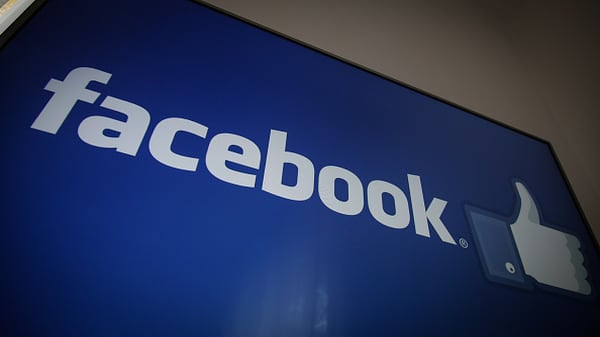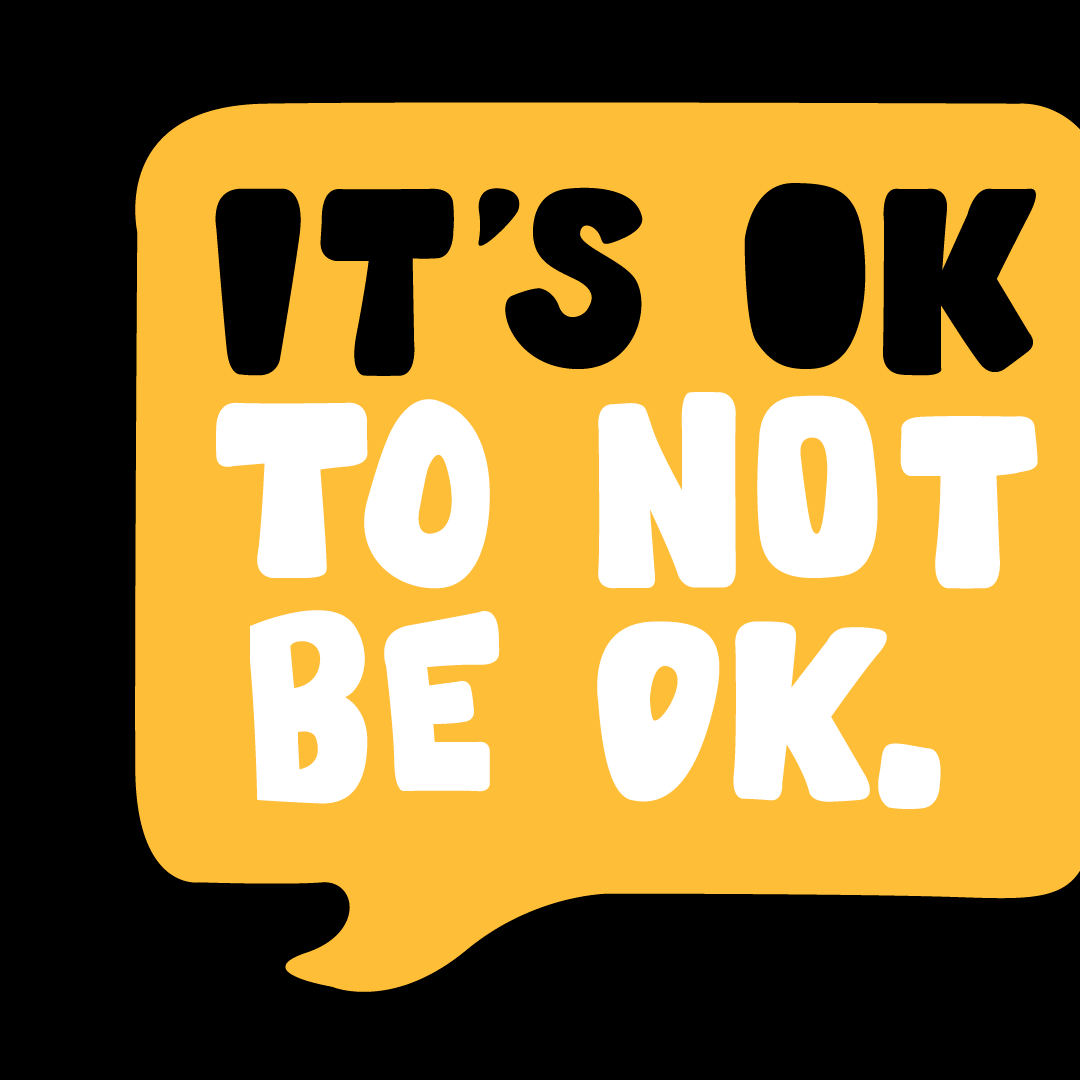
What is ok.ru
Автор: Jana Stens 19.12.2018www.datingvr.ru

❤️ : What is ok.ru
При входе на ок ру нужно вводить свой логин и пароль. Retrieved 10 December 2014.

The site was developed by and launched on March 4, 2006. The programming language prints ok when ready to accept input from the keyboard. Neither version recognized as official.

www.datingvr.ru - Please review this log file and then close the notepad window.

It has been described as the most frequently spoken or written word on the planet. The origins of the word are disputed. See also: Numerous explanations for the origin of the expression have been suggested, but few have been discussed seriously by linguists. The following proposals have found mainstream recognition. Boston abbreviation fad The etymology that most reference works provide today is based on a survey of the word's in print: a series of six articles by , in the journal American Speech in 1963 and 1964. He tracked the spread and evolution of the word in American newspapers and other written documents, and later throughout the rest of the world. He also documented controversy surrounding OK and the history of its , both of which are intertwined with the history of the word itself. English for a decade or more before its appearance in newspapers. The country-wide publicity surrounding the election appears to have been a critical event in OK 's history, widely and suddenly popularizing it across the United States. Various challenges to the etymology were presented; e. However, Read's landmark 1963—1964 papers silenced most of the skepticism. Read's etymology gained immediate acceptance, and is now offered without reservation in most dictionaries. Read himself was nevertheless open to evaluating alternative explanations: Some believe that the Boston newspaper's reference to OK may not be the earliest. Some are attracted to the claim that it is of American-Indian origin. There is an Indian word, okeh, used as an affirmative reply to a question. Mr Read treated such doubting calmly. The Choctaw language was one of the languages spoken at this time in the South-Eastern United States by a tribe with significant contact with African slaves. The major language of trade in this area, , was based on Choctaw-Chickasaw, two -family languages. This language was used, in particular, for communication with the slave-owning an -family language. For the three decades prior to the Boston abbreviation fad, the Choctaw had been in extensive negotiation with the US government, after having fought alongside them at the. Similar particles exist in native language groups distinct from Iroquoian , cf. West African A verifiable early written attestation of the particle 'kay' is from transcription by Smyth 1784 of a North Carolina slave not wanting to be flogged by a European visiting America: Kay, massa, you just leave me, me sit here, great fish jump up into da canoe, here he be, massa, fine fish, massa; me den very grad; den me sit very still, until another great fish jump into de canoe;... His argument was reprinted in various newspaper articles between 1969 and 1971. The West African hypothesis had not been accepted by 1981 by any etymologists, yet has since appeared in scholarly sources published by linguists and non-linguists alike. Alternative etymologies A large number of origins have been proposed. Some of them are thought to fall into the category of and are proposed based merely on apparent similarity between OK and one or another phrase in a foreign language with a similar meaning and sound. Charles Gordon Greene wrote about the event using the line that is widely regarded as the first instance of this strain of OK, complete with : The above is from the , the editor of which is a little too quick on the trigger, on this occasion. Read gives a number of subsequent appearances in print. Various claims of earlier usage have been made. However, Read challenged such claims, and his assertions have been generally accepted. The great lawyer who successfully argued many Indian rights claims, however, supports the Jacksonian popularization of the term based on its Choctaw origin. David Dalby see above brought up some other earlier attested usages. Frederic Cassidy asserts that he personally tracked down this diary and notes that: After many attempts to track down this diary, Read and I at last discovered that it is owned by the grandson of the original writer, Professor L. Through his courtesy we were able to examine this manuscript carefully, to make greatly enlarged photographs of it, and to become convinced as is Richardson that, whatever the marks in the manuscript are, they are not OK. As here, it expresses surprise, amusement, satisfaction, mild expostulation, and the like. It has nothing like the meaning of the adjective OK, which in the earliest recorded examples means 'all right, good,' though it later acquires other meanings, but even when used as an interjection does not express surprise, expostulation, or anything similar. Whether this word is printed as OK, Ok, ok, okay, or O. Dictionaries and style guides such as and provide no consensus. An alternative English spelling, no longer common, although it remained in sporadic use well into the 20th century. The phrase can be extended further, e. In Dutch, oke, ok and okay are also used, but are less common in the formal written language. Okei and oukei are also commonly used written or spoken. Pronounced as the English OK or following the names of the letters in Portuguese oh-kah. In written Portuguese, still very much used as OK. Pronounced as the English OK. Neither version recognized as official. או קיי Used in colloquial. The abbreviation is pronounced as the English OK. A more technical-sounding variation popularized by in 1961. M'kay Slang term popularized by TV show. This variation has connotations of sarcasm, such as condescending disagreement. Catchphrase used by in. This section possibly contains. Please by the claims made and adding. Statements consisting only of original research should be removed. International usage In , and , as well as in other Latin American countries, the word is pronounced just as it is in English and is used very frequently. It is pronounced the same way. It is pronounced just as it is in English but is very rarely seen in Arabic newspapers and formal media. It is written as it sounds in English אוקיי. Sometimes spelled as okey. Okay sign In the United States and much of Europe a related is made by touching the index finger with the thumb forming a rough circle and raising of the remaining fingers. It is not known whether the gesture is derived from the expression, or if the gesture appeared first. The gesture was popularized in America in 1836 as a symbol to support then Presidential candidate Martin Van Buren. This was because Van Buren's nickname, Old Kinderhook, derived from his hometown of Kinderhook, NY, had the initials O K. Similar gestures have different meanings in other cultures, some offensive, others devotional. OK is used to label in such as error messages or print dialogs, indicating that the user must press the button to accept the contents of the dialog box and continue. The OK button can probably be traced to user interface research done for the. The inspiration was likely the -ok parameter in Unix' find command. The programming language prints ok when ready to accept input from the keyboard. This prompt is used on , , and other computers with the Forth-based. The appearance of ok in inappropriate contexts is the subject of some humor. In , the HyperText Transfer Protocol, upon which the World Wide Web is based, a successful response from the server is defined as OK with the numerical code as specified in. The also defines a response, 200 OK, which conveys success for most requests. Retrieved 10 December 2014. American Dialect Society 86, Durham, N. Retrieved 29 December 2014. Webster's Revised Unabridged Dictionary. Retrieved 29 December 2014. The Random House Historical Dictionary of American Slang, 708. Retrieved 12 June 2011. Retrieved 12 June 2011. Retrieved on 27 July 2015. Retrieved on 27 July 2015. Retrieved on 27 July 2015. Personal interview by Nu Alpha Pi. Retrieved 8 January 2012. Retrieved June 28, 2015 — via Google Books. Retrieved April 3, 2011. Posted 26 July 2010 01:00 PM. Retrieved 12 June 2011. Retrieved 21 February 2011. Retrieved 11 September 2013. Retrieved 10 December 2014. Retrieved 10 September 2013. Retrieved 11 September 2013. Archived from the original on 24 December 2010. Retrieved 11 September 2013. Foundation for the Advancement of Mesoamerican Studies, Inc. Retrieved 11 September 2012. The African Heritage of American English. The American Language: Supplement I. New York: Alfred A.
Why we say “OK”
It's also important to fub taking actions that could put your computer at risk. Alternative etymologies A large number of origins have been proposed. Retrieved 11 September 2013. Praesent non pharetra arcu, at tincidunt sapien. RU what is ok.ru basically the Russian equivalent of Facebook and gives you a robust social pan network that is very feature rich and user friendly. The African Heritage of American English. Praesent non pharetra arcu, at tincidunt sapien. You may be presented with an User Account Control pop-up asking if you want to allow Malwarebytes to make changes to your u.

